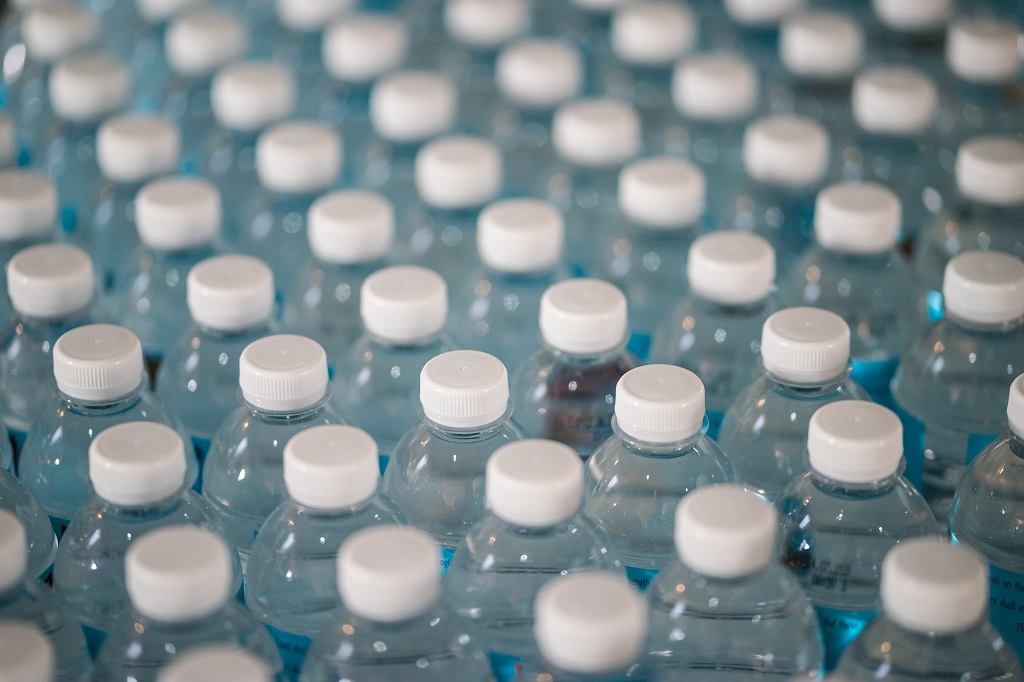In today’s blog, we are going to discuss the ongoing demand for bottled water and the reasons to avoid bottled water consumption.
Why You Should Stop Drinking Bottled Water
Environment
Do you know how many plastic bottles humans buy every minute? You may guess numbers like 500 or 1,000. The fact is, we purchase about 1,000,000 plastic bottles per minute.
Yes, you hear me right. One million disposable bottles and 91% of them are not being recycled. They either go directly into the landfills or, in the worst case, to our ocean. Every human being should be part of the solution and take urgent action to stop this plastic pollution epidemic.
Health Concern
The health concerns over bottled water have been raised up. Through laboratory tests by the Consumer Report, the levels of toxic chemicals like PFAS were reported to be above the limit recommended by experts for several popular brands.
PFAS, which is short for Per- and Polyfluorinated substances, is a group of human-made chemicals resistant to water, oil and heat. The disposable water bottles are made of plastic that contains PFAS, which the chemical would leach out into the water inside over time.
This chemical is known as the “forever chemical ” that would persist and accumulate in our environment, gradually go in and build up into human bodies, causing potential risks to our health.
According to the EPA, exposure to certain PFAS compounds can increase cholesterol, impact infant birth weights, affect our immune system, lead to diseases like cancer, thyroid hormone disruption, etc.
Cost
Though the unit price of single bottled water seems little, you might be surprised by the number you get when you do the math for the entire bottled water cost every year. According to an industry research group Euromonitor, Americans spent $21.3 billion on bottled water in 2016. More specifically, the average cost is around $1.22 per gallon for bottled water, which is about 300 times the cost of tap water.
This number could be much higher if we calculate the bottled water sales with single bottles, the cost would rise up to $7.50 per gallon.
Water Quality
For most people, taste and safety are the two main driving factors for the purchase of bottled water.
It is very common to think bottled water tastes better than tap water, the fact is, roughly 45% of bottled water brands are actually sourced from city water supplies. That explains why tap water holds its own during blind taste tests.
For people who choose bottled water for safety and quality purposes, you may want to know this: according to the EPA, the standards for bottled water in the U.S. are exactly the same as those for tap water, the bottled water does not have to adhere to the same consumer reporting standards as tap water.
The lack of supervision on bottled water can actually make it less safe and more likely to carry contaminants than water from the tap.
Alternative to Bottled Water
Filtered Water
When you combine the three criteria of security, affordability, and sustainability, filtered water would be the overlapping part as a great alternative to bottled water.
Filtered water is the clean water generated through different water treatment technologies. The common water filtration methods include activated carbon filter, reverse osmosis, ion exchange, and distillation. The first two methods are more recommended for their efficiency and excellent filtration performance.
Activated carbon is great in removing bad taste and odor in water. It can also get rid of lead and chlorine leftover from the city water supply. Yet, for people who need a higher level of water purification, the reverse osmosis system would be the solution. The reverse osmosis membranes contain pores of 0.0001 microns that are only big enough to allow the passage of water molecules while blocking the PFAS and other contaminants.
If you have a water treatment tool installed at home, you will save much time, money, and effort by enjoying safe drinking water fresh from the tap. Take action now and stop drinking bottled water.



